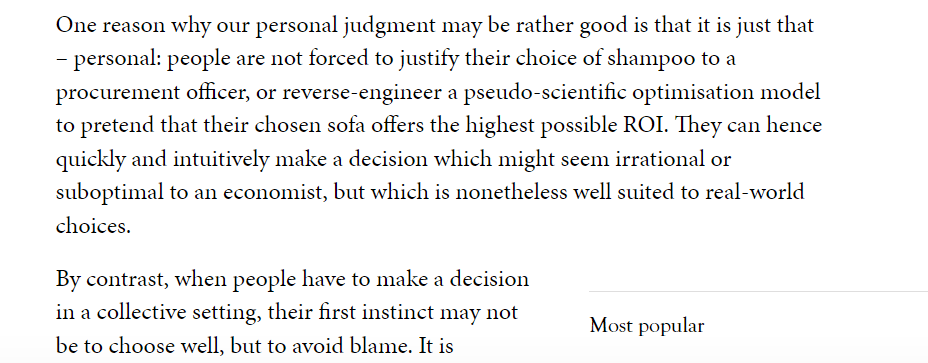Sublime
An inspiration engine for ideas
Ryan Holiday, best-selling author of “The Obstacle Is The Way” and “The Daily Stoic” is a great example. After “The Daily Stoic” became a best-selling book, he realized (through data) his readers wanted more information about stoicism. So he launched dailystoic.com, where he now sells memento mori medallions, rings, pendants, “The Daily Stoic Chall
... See moreNicolas Cole • The Art and Business of Online Writing: How to Beat the Game of Capturing and Keeping Attention
James Mulholland
jmulholland.com

Balaji Srinivasan, the tech entrepreneur and crypto advocate, is a classic example of a person who is high in generativeness. He tweets his thoughts just about every single day on a wide variety of topics, ranging from media to crypto to the pandemic. A lot of it is speculative or maybe even wrong, but when he has a hit it is truly important.
Daniel Gross • Talent: How to Identify Energizers, Creatives, and Winners Around the World
Tyler’s distribution strategy, application design, intellectual tastes, and influence on awardees all interplay to explain his success as a talent curator.
kulesa.substack.com • Tyler Cowen is the best curator of talent in the world

Rory Sutherland on why group decision making is often worse than personal judgement https://t.co/Gj6CRLLF40
- Many successful founders work on really boring things in their second act
- Thinkfluencer on Twitter, enterprise Software-as-a-Service venture capitalist, goofy lifestyle business, etc.
- They choose to build what everyone else is building but attach their brand to it in hopes that their brand is what makes their second act successful
- These
Patrick O'Shaughnessy • Invest Like the Best with Patrick O'Shaughnessy on Apple Podcasts
Tyler's success at discovering and enabling the most talented people before anyone else notices them boils down to four components:
kulesa.substack.com • Tyler Cowen is the best curator of talent in the world
- “I think people are under-estimating how much action you can drive with a relatively small number of people, as long as those people think you’re unique and differentiated, and they have a similar way of seeing the world—a certain kind of belief structure.” – David Perell